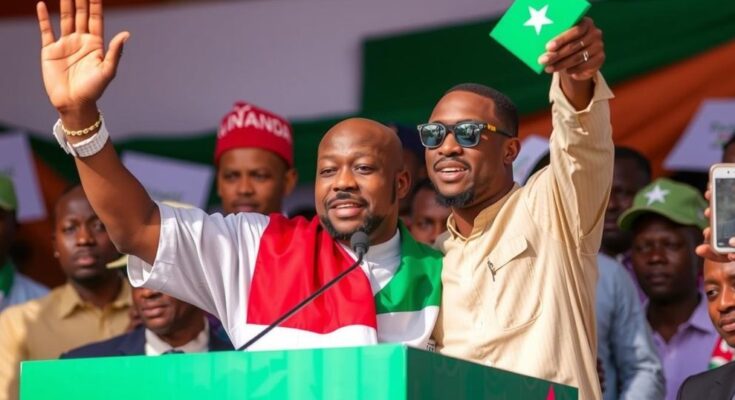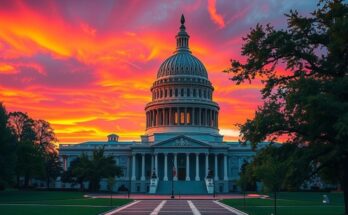Chad’s ruling Patriotic Salvation Movement won 124 of 188 seats in December’s parliamentary elections, which were boycotted by major opposition parties. This election is a key component of the transition to democracy following President Mahamat Idriss Déby’s military ruling. With a 51.5% voter turnout, the elections are criticized by opposers as lacking credibility, reflecting ongoing political tensions in Chad’s governance amid external security threats.
Chad’s ruling Patriotic Salvation Movement (PSM) has achieved a decisive majority in the parliamentary elections held in December, despite a boycott by major opposition parties. Provisional results indicate that the PSM won 124 out of 188 seats, further strengthening President Mahamat Idriss Déby’s hold on power. With a reported voter turnout of 51.5 percent, these elections marked the first parliamentary contest in over a decade, crucial to the country’s transition to democracy following Déby’s military takeover in 2021 after the death of his father, longtime president Idriss Déby Itno.
President Déby described the elections as a step towards decentralization and enhancing governance at local levels. Nonetheless, over ten opposition parties, including the key Transformers party, refrained from participating, denouncing the elections as a mere facade reminiscent of the disputed presidential vote previously criticized for lacking credibility. This political process unfolds amid a turbulent backdrop marked by security threats, including militant activities and a significant shift in military relations with France, Chad’s former colonial power.
Chad’s political landscape has been significantly affected by the recent legislative elections, which play a vital role in the country’s transition from military rule to democratic governance. Following the death of long-standing president Idriss Déby Itno in 2021, his son, Mahamat Idriss Déby, vested power as a military leader. The parliamentary elections, following last year’s controversial presidential elections, aimed to establish a parliament that reflects the will of the people, although the substantial boycott from opposition parties raises concerns regarding the electoral legitimacy.
The December parliamentary elections in Chad have solidified the ruling party’s dominance, granting President Mahamat Idriss Déby increased authority within a fragile political context. The boycott by major opposition parties highlights significant discontent regarding the electoral integrity. As Chad navigates ongoing security challenges and seeks to decentralize governance, the implications of these election results may significantly impact both domestic stability and the country’s international relations.
Original Source: www.rfi.fr




